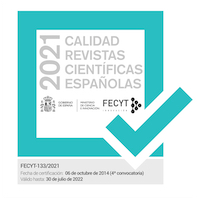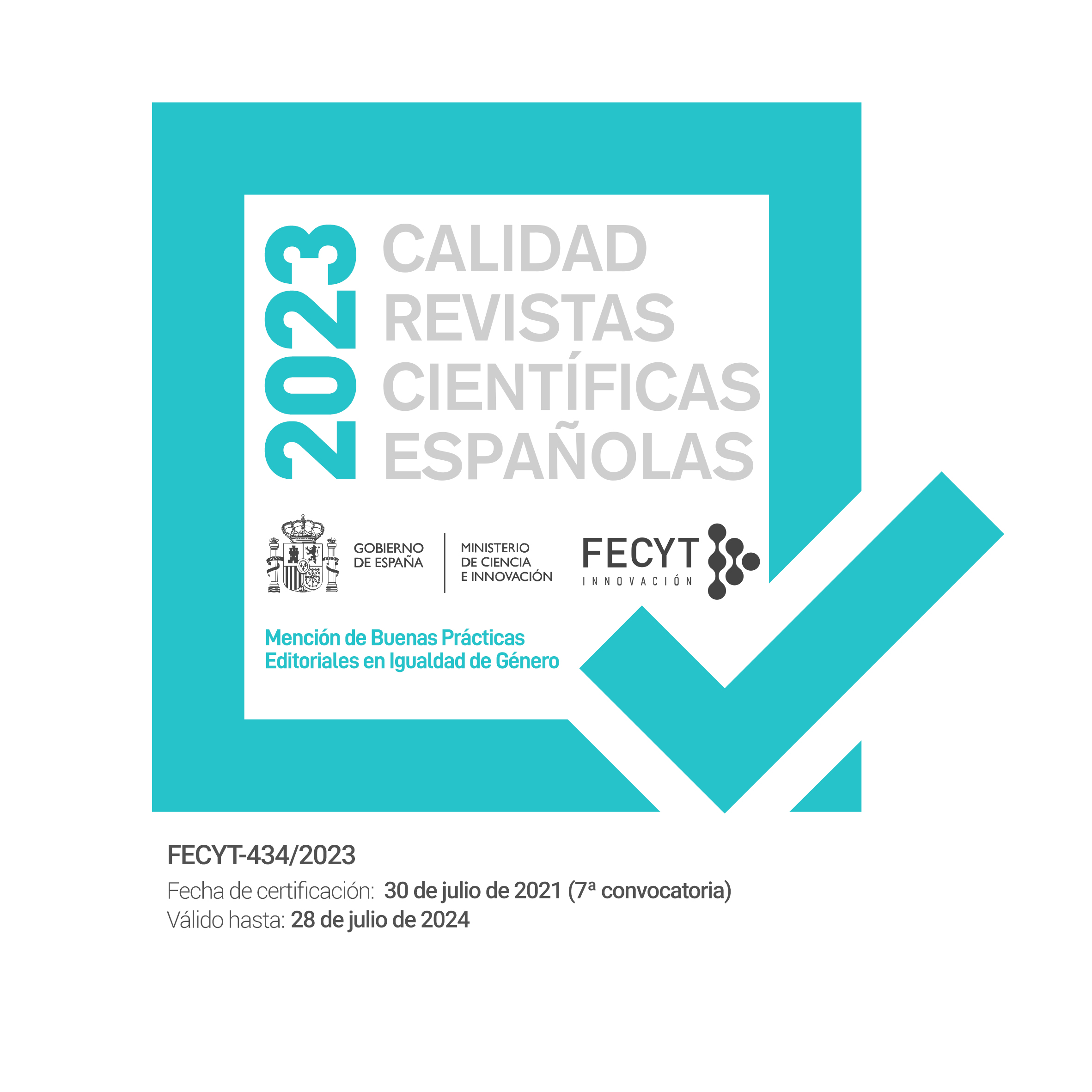La giurisdizione civile in materia religiosa nelle controversie del secolo XVI nel contesto della Riforma
Parole chiave:
Il potere e i limiti del magistrato civile in materia di fede religiosa, Libertà di coscienza, illegittimità della pena di morteAbstract
Il potere e i limiti del magistrato civile in materia di fede religiosa costituiscono i punti nodali della controversia sviluppatasi nell’ambito protestante tra le diverse interpretazioni della Riforma in merito all’applicazione della pena capitale per gli eretici. Il processo del medico antitrinitarista spagnolo Michele Serveto, analizzato nei suoi punti critici procedurali nelle opere di Sébastien Castellion, costituisce il principale atto di accusa nei confronti di Calvino e Teodoro di Beza e la prima affermazione esplicita della illegittimità della pena di morte sotto il profilo giuridico. La difesa dell’autonomia dell’uomo in ambito religioso rispetto alla giurisdizione sia politica che religiosa costituisce la prima affermazione dei valori di dignità e libertà dell’individuo nei confronti dell’autorità e consente di delineare un nuovo assetto dei rapporti tra diritto e religione rispetto a quello conosciuto fino ad allora in Europa, che troverà una sua formulazione più compiuta nelle idee iluministiche e nell’affermazione della laicità degli ordinamenti politici per la tutela del pluralismo dei valori e dei diritti di libertà.
Parole Chiave: Il potere e i limiti del magistrato civile in materia di fede religiosa; Libertà di coscienza; illegittimità della pena di morte.
Riferimenti bibliografici
<p>Bietenholz, Peter G. <em>Basel and France in the Sixteenth Century</em>. Genève, 1981.</p>
<p>Birocchi, Italo. <em>Alla ricerca dell’ordine. Fonti e cultura giuridica nell’età moderna</em>. Torino, 2002.</p>
<p>Carbonnier-Burkard, Marianne. “Calvin/Servet: un duel public.” <em>Calvin, de la Réforme à la modernité</em>. Ed. Clavaroly, F. Paris, 2010.</p>
<p>Carbonnier-Burkard, Marianne. “Des procès de Servet au procès de Calvin.” <em>Michel Servet (1511-1553).</em> <em>Hèrésie et pluralisme du XVI<sup>e</sup> au XXI<sup>e</sup>siècle. </em><em>Actes du colloque de l’École Pratique des Hautes Études, 11-13 décembre 2003</em>. Ed. Zuber, V. Paris, 2007.</p>
<p>Condorelli, Orazio. “Intorno al concetto giuridico di tolleranza religiosa (tra Medioevo e Antico Regime). Appunti su alcune premesse storiche del diritto ecclesiastico dello Stato.” <em>Aequitas sive Deus. Studi in onore di Rinaldo Bertolino</em>. Vol.I.Torino, 2011.</p>
<p>Cortese, Ennio. <em>La norma giuridica. Spunti teorici nel diritto comune classico</em>. Vol.I-II. Milano, 1962-1963.</p>
<p>D’Arienzo, Maria. “Aspetti giuridici nelle opere di Sébastien Castellion in difesa degli eretici. Nuove prospettive di ricerca.” <em>Diritto e Religioni </em>18 (2014).</p>
<p>D’Arienzo, Maria. “Cultura giuridica e dottrina della tolleranza nelle opere di Sébastien Castellion.” <em>Ripensare la Riforma protestante. Nuove prospettive degli studi italiani</em>. Ed. Felici, L.Torino, 2015.</p>
<p>D’Arienzo, Maria. “Current and Historical Relevance of Delate upon Relationship between Freedom and Institutions.” <em>Michael Servetus, Heartfelt. Proceedings of the International Servetus Congress, Barcelona, 20-21 October 2006. </em><em>E</em>ds. Naya, J., Hillar, M., Lanham, MD (2011).</p>
<p>D’Arienzo, Maria. “La non punibilità degli eretici nella polemica tra Castellion, Calvino e Beza.” <em>Calvin insolite. Actes du colloque de Florence (12-14 mars 2009).</em> Ed. Giacone, F. Paris, 2012.</p>
<p>D’Arienzo, Maria. “Liberté de conscience et tolérance dans la pensée de Sébastien Castellion<em>. ”L’année canonique</em>, 43 (2001).</p>
<p>D’Arienzo, Maria. “Théologie et droit dans la pensèe et les œvres de Sébastien Castellion.” <em>Sébastien Castellion: des Écritures à l’écritur</em>e. Ed. M.C. Gomez-Géraud. Paris, 2012.</p>
<p>D’Arienzo, Maria. <em>La libertà di coscienza nel pensiero di Sébastien Castellion</em>.Torino, 2008.</p>
<p>D'Arienzo, Maria, and Sébastien Châteillon. <em>La libertà di coscienza nel pensiero di Sébastien Castellion</em>. Giappichelli, 2008.</p>
<p>Droz, Eugene. “Castellioniana.” <em>Chemins de l’hérésie</em> (1971): 573-586.</p>
<p>Gardy, Frédéric Louis. <em>Bibliographie des oeuvres: théologiques, littéraires, historiques et juridiques de Théodore de Bèze</em>. Vol. 41. Geneve, Droz, 1960.</p>
<p>Geisendorf, Paul Frédéric. <em>Théodore de Bèze. </em>Genève, 1949.</p>
<p>Guggisberg, Hans Rudolf. <em>Sebastian Castellio. Humanist und Verteidiger der religiösen Toleranz im Konfessionellen Zeiltalter</em>. Göttingen, 1997.</p>
<p>Kisch, Guido. <em>Humanismus und Jurisprudenz. Der Kampf zwischen mos italicus und mos gal­licus an der Universität Basel</em>. Basel, 1955.</p>
<p>Maffei, Domenico. <em>Gli inizi dell’umanesimo giuridico</em>. Milano, 1972.</p>
<p>Mcgrath, Alister E. <em>Giovanni Calvino. Il Riformatore e la sua influenza nella cultura occidentale</em>. Torino, 2002.</p>
<p>Piano Mortari, Vincenzo. <em>Diritto, logica e metodo nel secolo XVI. </em>Napoli, 1978</p>
<p>Piano Mortari, Vincenzo. <em>Dogmatica e interpretazione. I giuristi medievali</em>. Napoli, 1976.</p>
<p>Plath, Uwe. <em>Calvin und Basel in der Jahren 1552-1556</em>. Basel und Stuttgart, 1974.</p>
<p>Prodi, Paolo. <em>Una storia della giustizia. Dal pluralismo dei fori al moderno dualismo tra coscienza e diritto</em>. Bologna, 2000.</p>
<p>Renoux-Zagamé, Marie-France. “Répondre de l’obeissance. La conscience du juge dans la doctrine judiciaire à l’aube des temps modernes.” <em>La coscience du juge dans la tradition juridique europèenne</em>. Eds. Carbasse, J.M., Depambour- Tarride, L. Paris (1999): 155-193.</p>
<p>Rilliet, Albert. <em>Relation du procès criminel intenté a Genève, en 1553, contre Michel Servet rédigée d’après les documents originaux</em>. Genève, 1844.</p>
<p>Tourn, Giorgio. <em>Giovanni Calvino. Il Riformatore di Ginevra</em>. Torino, 2009.</p>
<p>Vasoli, Cesare. <em>La dialettica e la retorica dell’Umanesimo. “Invenzione” e “Metodo” nella cultura del XV e XVI secolo</em>. Milano, 1968.</p>









